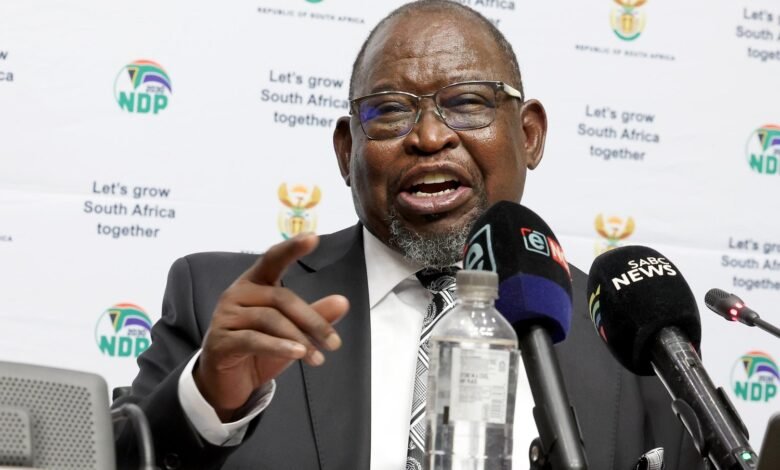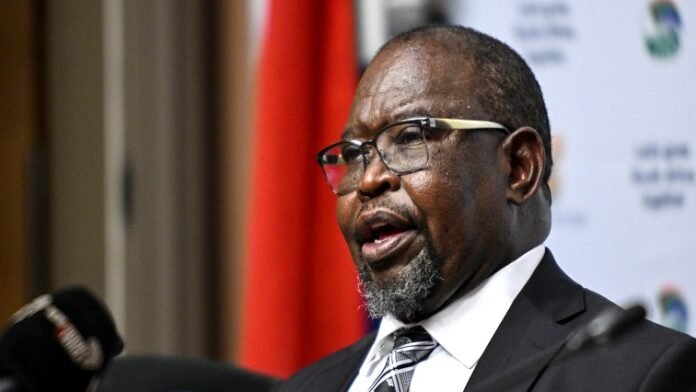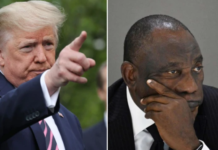Finance Minister Enoch Godongwana has revealed plans to meet with key political parties in South Africa’s Government of National Unity (GNU) to discuss a proposed increase in Value-Added Tax (VAT) by two percentage points.
The government is considering this increase as a potential solution to fund public sector wages and address rising spending pressures. The proposal is part of broader efforts to balance the national budget and secure financial stability.
Godongwana emphasized that if the VAT hike is not implemented, alternative revenue sources will need to be found. However, the decision isn’t straightforward, as the proposal has political and economic implications requiring careful negotiation.
Political Risks and Potential Impact on the Budget
During his address to the media in Parliament, Godongwana highlighted the political risks associated with this VAT increase.
The Government of National Unity, which includes multiple political parties, may face challenges in coming to a consensus on such a sensitive issue. Godongwana noted that the outcome of the budget could shift depending on the outcomes of these discussions.

“The reality is that negotiations may lead to changes in what is tabled. This is a government of compromise, and adjustments to the proposed budget may be necessary,” he said.
The proposed VAT hike is part of a broader fiscal strategy, but its success will depend on the ability of the various parties to reach an agreement.
Future Budget Uncertain As Negotiations Still Ahead
Godongwana made it clear that while he is working on the assumption that negotiations with political parties will take place, the final version of the budget could differ from what was initially proposed.
As the government prepares for further discussions, the fate of the VAT increase remains uncertain. Experts are saying that this process points to the complexities of coalition governance and the importance of political negotiations in shaping economic policy.
[ DA And COSATU Oppose Proposed Tax Hikes Ahead Of Budget Speech, Citing Economic Strain ]
“We are in a period of negotiation, and there’s a possibility that the final budget outcome may differ from the initial proposal,” Godongwana explained, emphasizing that the negotiations will shape the government’s fiscal priorities for the upcoming year.
Catch up with the latest news from The Times Post on WhatsApp by following our channel. Click here to join.
Kindly follow @thetimespost on Instagram. On X (Twitter), follow @thetimespost2.















